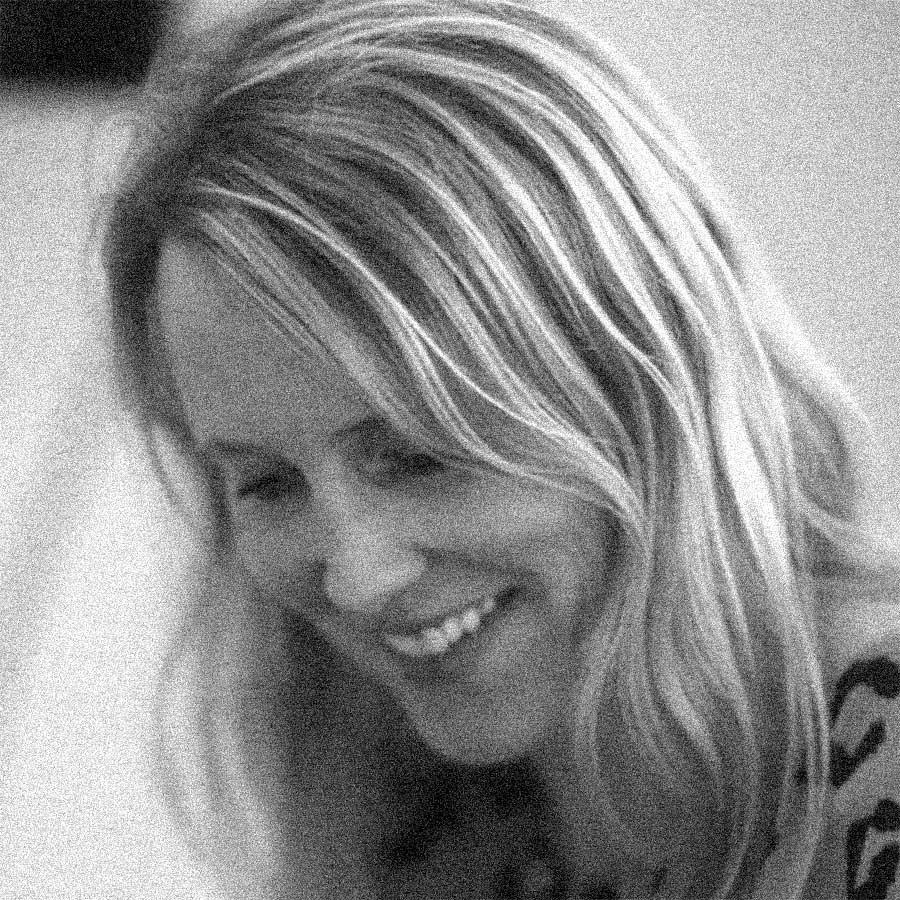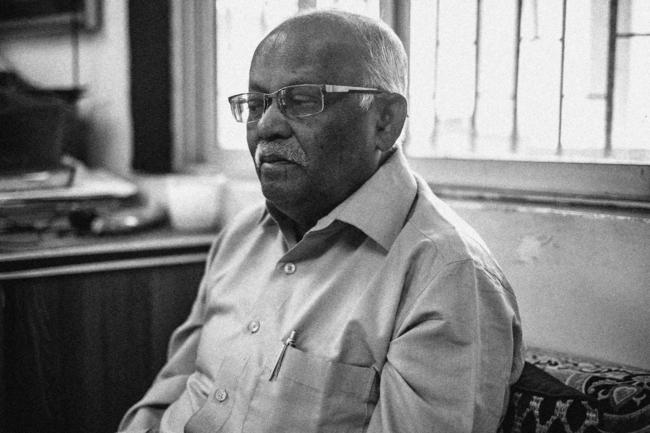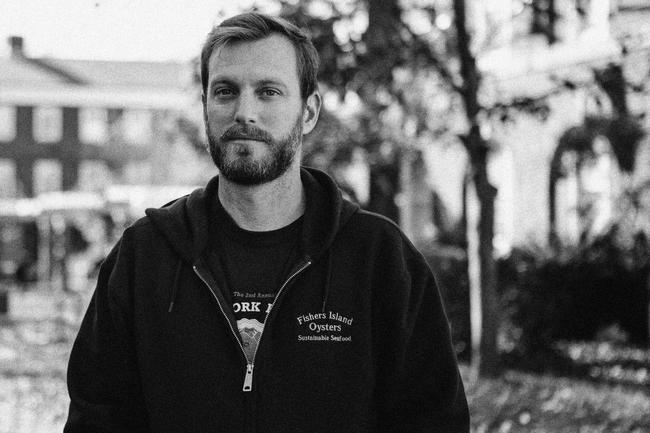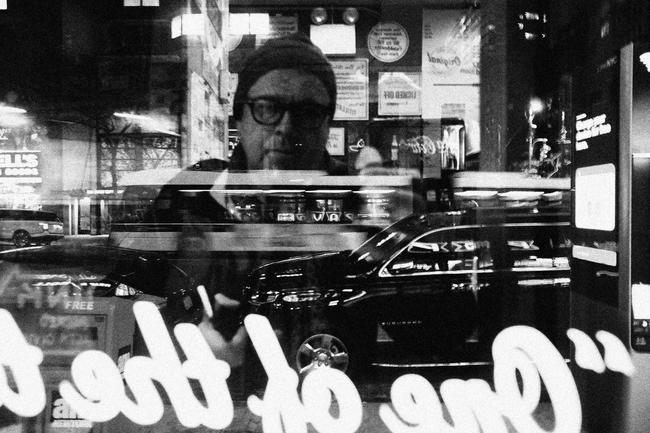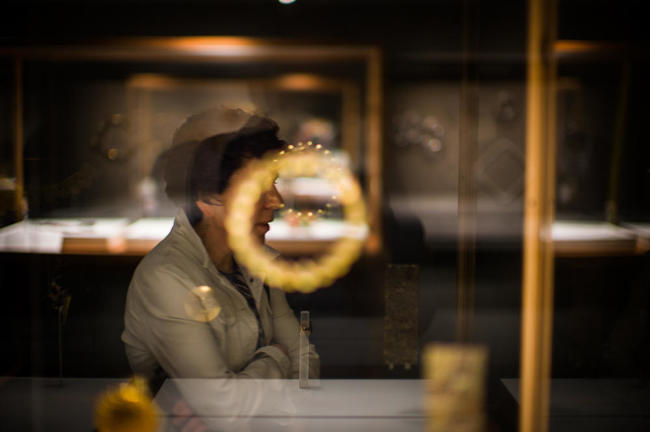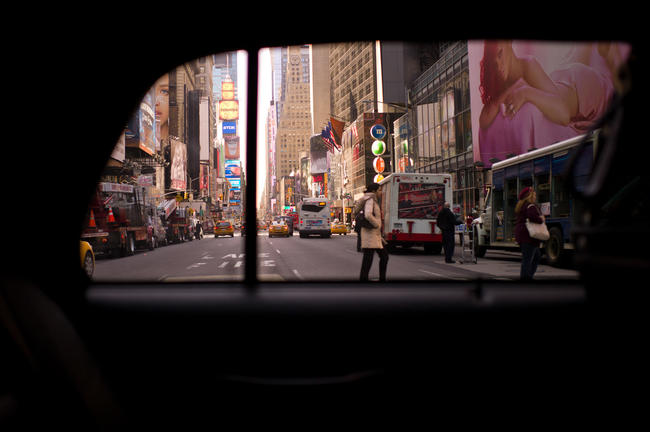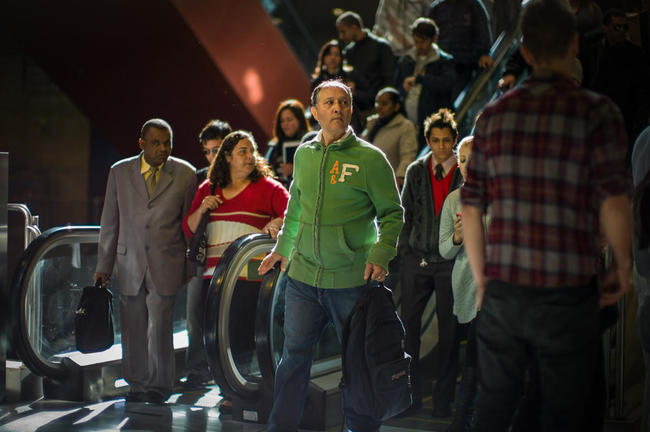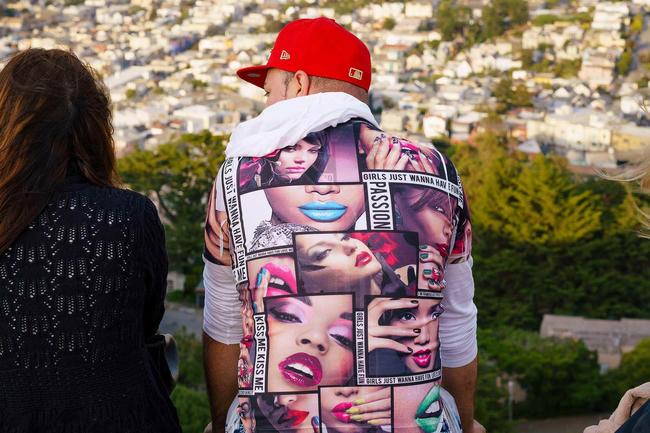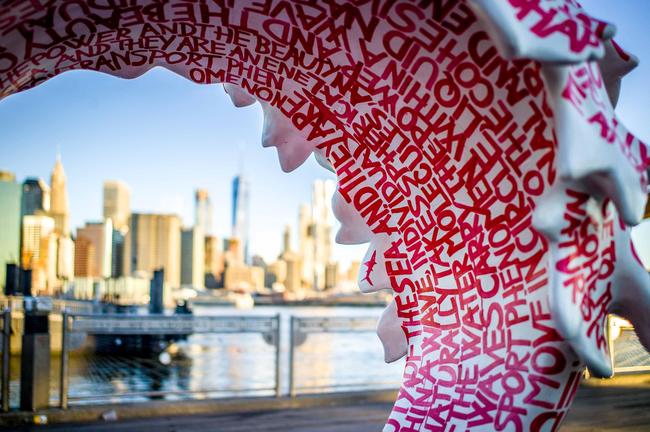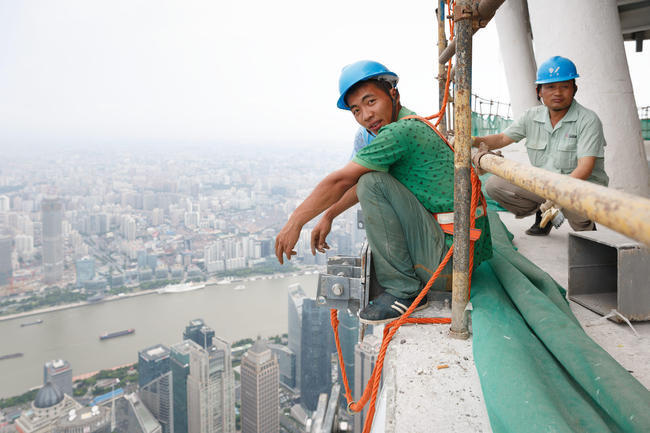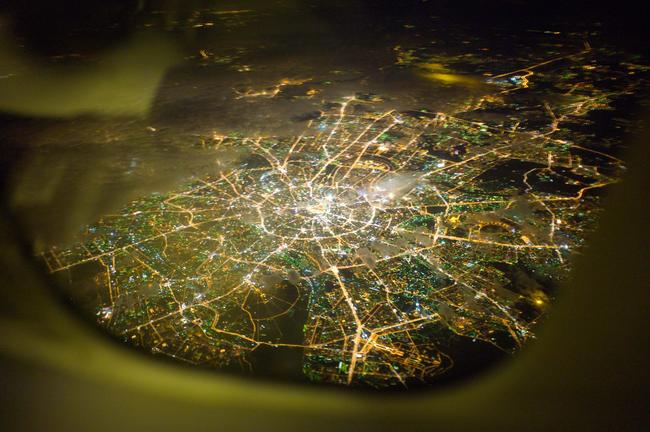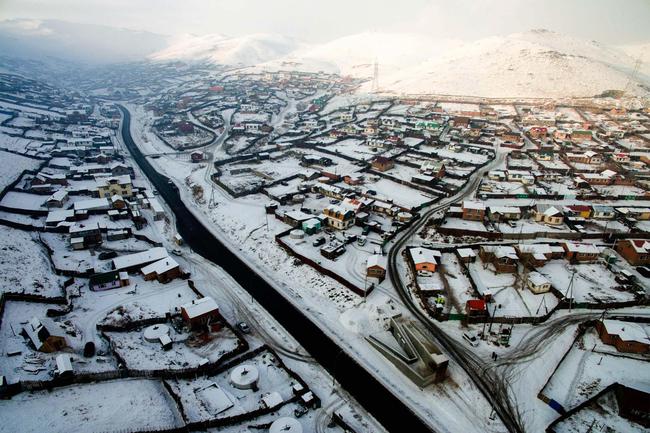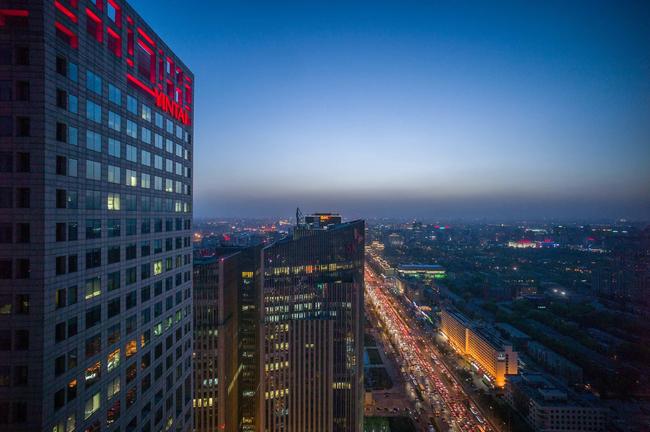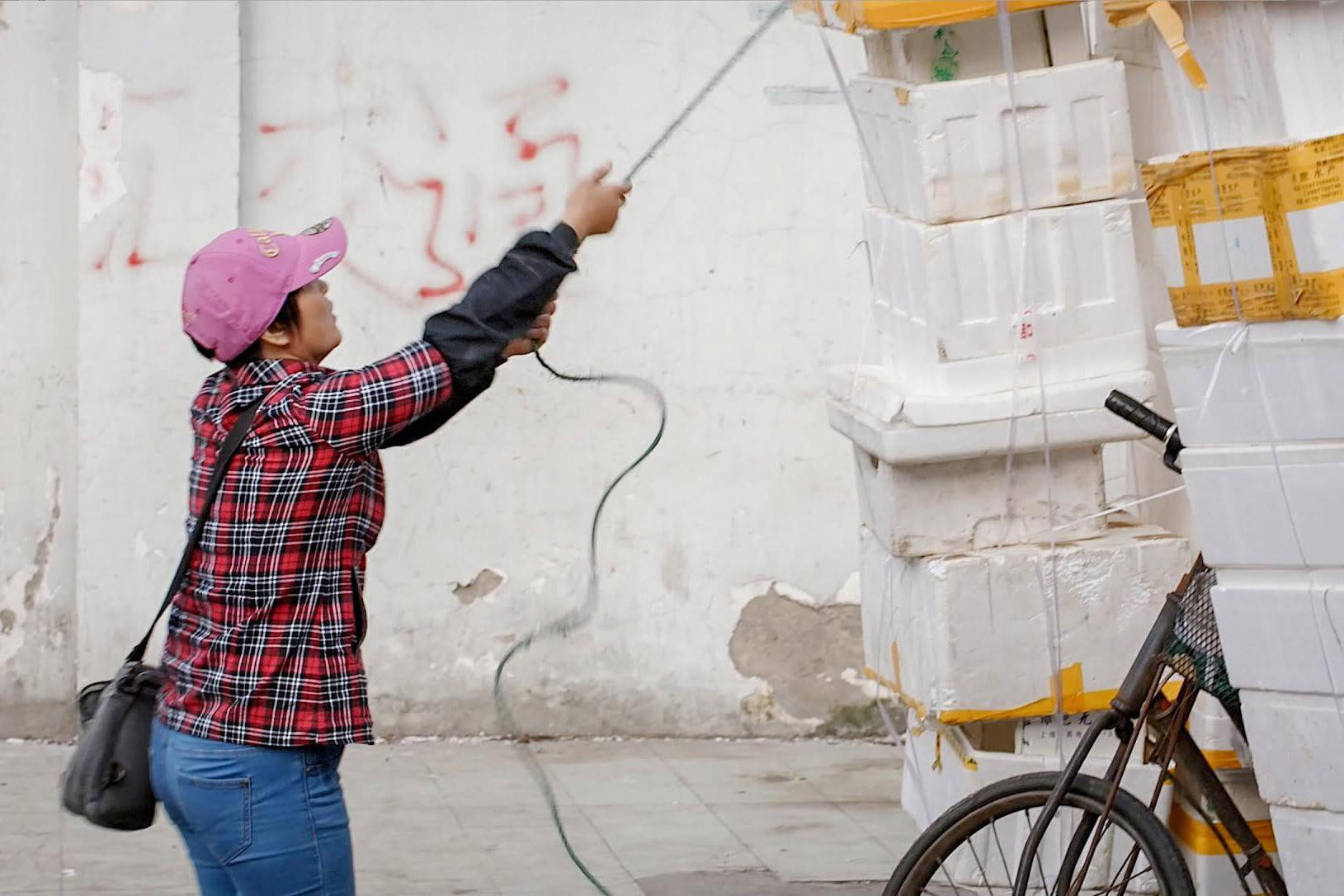
Noah Sheldon observes China’s hidden workforce
Imagine trying to balance dozens of giant Styrofoam bundles on a bicycle and then pedalling for hours through city traffic, with no side vision as you’re literally boxed inside a giant foam house.
This is someone’s job. And it is among the fascinating and insightful stories being shared by Tea & Water Pictures photographer and filmmaker Noah Sheldon through Work-is, an ongoing series of video documentaries about labour in China.
“I have been profiling specific jobs at a very intimate and granular level,” says Noah. “I get to learn about how things work, also about how things are connected in much deeper ways. It’s incredible how personal stories can be allegories for much larger trends or truths.”
As a photographer working in Shanghai, Noah has spent a lot of time documenting China’s vast supply chain, getting behind the scenes of an often discussed but seldom seen side of the country.
He feels that when western media talks about China and Asia in general, there is so much about the masses – people are reduced to numbers, figures and sweeping trends. His own encounters with Chinese workers and their daily environments have shown him so much more than this.
So with his filmmaker hat on, he started the Work-is series, to bring to life through personal narratives what it means to be working in modern China.
The Styrofoam Collector
Guo Jie is one of the estimated 277 million rural migrant workers in China. In Shanghai, Guo buys and collects styrofoam boxes from markets selling fresh produce. She takes them to a seafood wholesale market where she resells them to wholesalers who will store fish in the boxes. She does one round trip a day, piling as much styrofoam on her bike as possible so she doesn’t have to go back and forth. The stallholders at the market all know her and save their styrofoam for her visits. We first met Guo when she was getting a parking ticket for her bike.
Human Hair Trader
Zhang Ming Ye has been trading human hair ever since he graduated from high school 17 years ago. His father, also a hair trader, got him into the business and taught him the trade. Zhang buys real human hair from hair collectors who travel from village to village cutting hair from women and girls. He sells it on to big factories in China and abroad that make wigs and hair pieces out of human hair. Every few days he goes to the hair market to inspect and purchase hair collected from all over Asia.
Taobao Model
Taobao is China’s largest online shopping site with more than 400 million active users. This is a film about a model named Pin’er. Her clients are the stores that sell through Taobao. The website provides data on each product and how fast it sells. As a result, Taobao models are not only hired for their looks, they are also judged on their proven track record of driving online sales. Clothing is typically priced low, but the volumes sold are high. With an insatiable demand for new fashion, apparel makes up nearly half of the sales volumes on the site. We joined Pin’er for a day of shooting: she worked with multiple clients and had more than a 150 outfit changes over the course of 13 hours - a fairly typical day for her.
